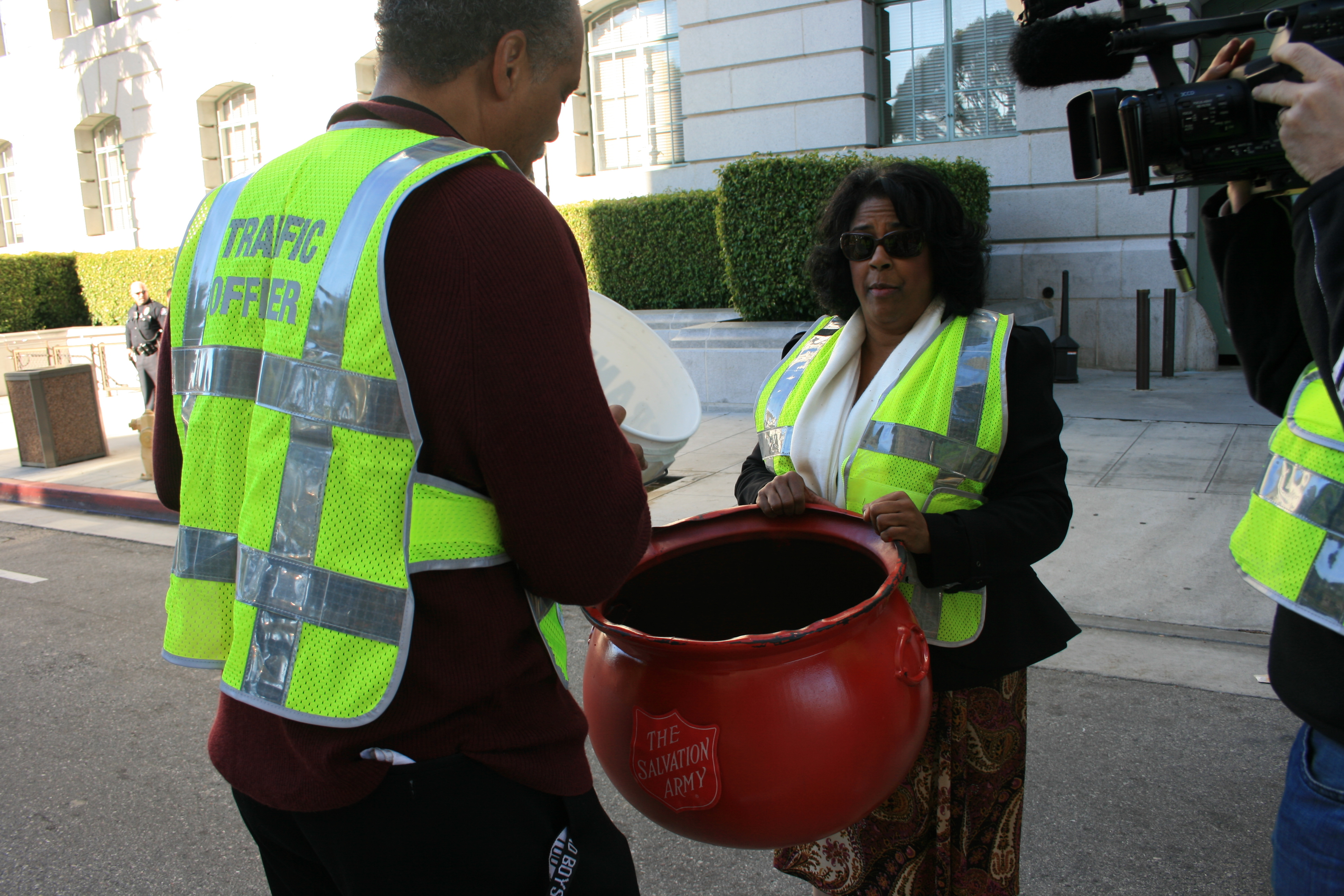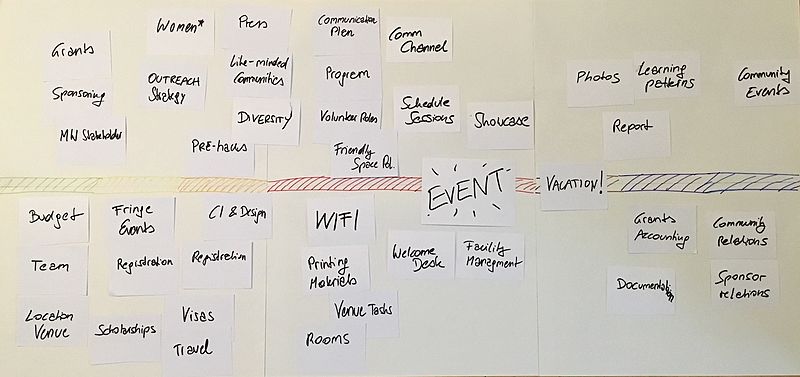As far as event planning goes, nonprofits are a tricky field you may find yourself in. How do you spend just enough money to have potential investors trust you while not cutting into the funds needed to run your nonprofit especially if the event is to fundraise?
Your dream may not be to become an event planner, but as a member of a nonprofit with limited funding, resources and employees you may find yourself in this difficult balancing act.
Your Demographic
What is the goal of your event? Is it to raise funds or provide a thank-you to volunteers? Depending on your goal this will affect your demographic.
After finding a goal, you can then determine money-raising methods, a spending plan and venue options based on the organized outline defined by your goal and demographic you’re trying to appease.
Related Articles:
Raising Funds
Set up a mobile gathering pledge system in the form of websites or apps to gather and track the objective you are attempting to raise with your event. This will not be your final count, as money will be taken out of the overall budget for supplies, food, décor and more.
Portable raising support enables you to effectively make changes immediately and also provide quick feedback to donors and sponsors.

Know Your Capabilities
A non-profit really is a team effort and you alone can not plan out a big event. Seek help in the form of fellow employees and volunteers with honesty and assessing personal strengths and weaknesses.
Tailor the tasks your supporters do with these attributes to ensure you get the best work force possible for your occasion.
As you continue through arranging your raising money, know about what you will, and won’t, have the option to do. Beginning early gives you an opportunity to balance weaknesses with imagination.
Getting a team together and taking the burden off of yourself will make your work worthwhile and your occasion memorable.
How to Pay
Backers are important. Contact neighborhood and local organizations to check whether they might want to support part, or all of your event.
When you pitch to potential supporters aim lower when it comes to expected event turn out. This way if the numbers are not as high there is no disappointment but if you succeed, your attendees, sponsors and donors will be wonderfully astounded when your occasion conveys higher participation.
This will give them the incentive to participate in future endeavors.

Expected Budget
This comes back to your goal. What do you want to get out of this event? If your goal is to break even, you will focus more on the money you want to spend.
On the other hand, if your goal is to bring in funding then you want to focus on a particular number you would like to obtain. Work with your financial department and boss to work out a budget based on goals.
This will give you a starting point when seeking sponsors and help you know early on what it is you can spend while still making a profit.
Getting People to Attend
One of the goals of your event should obviously be to gather attendees. Offer motivators like limited tickets or small gifts when individuals register ahead of schedule as opposed to later on.
Make behind the scenes recordings to post on your social media like YouTube, Facebook, Instagram and Snapchat. Social media is a key to marketing as it is free and can aid you in reaching a large portion of your built-in demographic. These can be shared by your supporters over their accounts to various companions, family and friends.

Making It Happen
Make sure you practice. Have the host and any other key speakers go through their introductions the day or morning before the occasion. Test the speakers, microphones and any hardware.
You can never double-check enough. Converse with participants to check whether things are going well and get their criticism during the occasion for potential quick changes. Always try to process good but aim for better.
Remember to set your goals early on so you can check your success at the end of your event. Follow-ups are always helpful when receiving feedback for future events.
If you find yourself with your hands in the event planning job for your nonprofit, don’t panic, take each step at a time and create a successful event as a team.
James Novonty
Staff Writer


